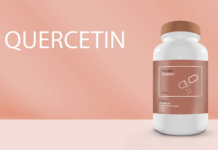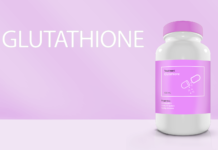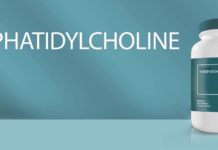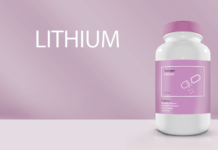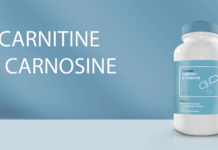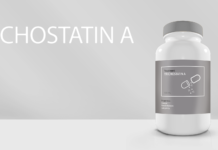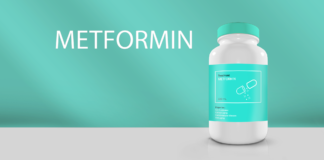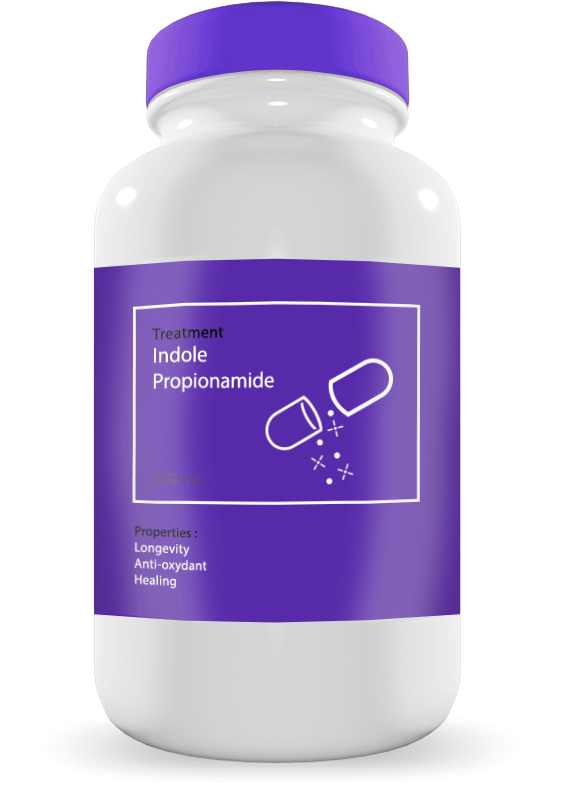
Fact sheet
Indolepropionamide : a new hope
In order to keep you informed of promising advances in anti-aging research, we are constantly on the lookout for new molecules of interest. Indolepropionamide, despite the few studies present at the moment, is a very promising anti-aging molecule, since it has been shown to increase the lifespan of the research model by up to 300%.
One single study, multiple effects
Until now, there is only one published study on indolepropionamide and its effect on aging [1]. The team used rotifers, a micro-organism model for which they observed an increase in lifespan unequaled by other molecules. This longevity was accompanied by better cell repair and increased resistance to injury.
The study concludes that this effect is due to a drastic improvement in mitochondrial function accompanied by a significant reduction in the formation of free radicals. The amazing antioxidant properties of indolepropionamide are linked to its structure, very close to that of the hormone melatonin, and to its ability to interact with the oxidative phosphorylation chain of mitochondria. Indeed, it is likely that indolepropionamide is capable of stabilizing mitochondrial energy metabolism by binding to the complex I of the respiratory chain, thus causing a decrease in oxidant production. One of its close cousins, 3-indolepropionic acid, shares the structural homology to melantonin and has been attributed the same type of properties. This molecule is currently undergoing clinical trials to fight Alzheimer’s disease.
Although new studies are needed, particularly in mammals, indolepropionamide is an extremely promising molecule and its derivatives already seem to offer good prospects, particularly in the fight against neurodegenerative diseases. Moreover, indolepropionamide is an amphiphilic molecule, thus passing as well the cellular membranes as the aqueous structures, and its bioavailability is excellent.
- Number publications : 1
- Availability : not available for sale
- Route : intravenous
- Dosage : to be defined
Until now, no indoleprionamide-associated risks have been identified.
No toxicity has been reported to date but further studies are needed.
[1] Poeggeler B, Sambamurti K, Siedlak SL, Perry G, Smith MA, Pappolla MA. A Novel Endogenous Indole Protects Rodent Mitochondria and Extends Rotifer Lifespan. Blagosklonny MV, ed. PLoS ONE. 2010;5(4):e10206
Dr. Marion Tible

Author/Reviewer
Auteure/Relectrice
Marion Tible has a PhD in cellular biology and physiopathology. Formerly a researcher in thematics varying from cardiology to neurodegenerative diseases, she is now part of Long Long Life team and is involved in scientific writing and anti-aging research.
More about the Long Long Life team
Marion Tible est docteur en biologie cellulaire et physiopathologie. Ancienne chercheuse dans des thématiques oscillant de la cardiologie aux maladies neurodégénératives, elle est aujourd’hui impliquée au sein de Long Long Life pour la rédaction scientifique et la recherche contre le vieillissement.
En savoir plus sur l’équipe de Long Long Life



